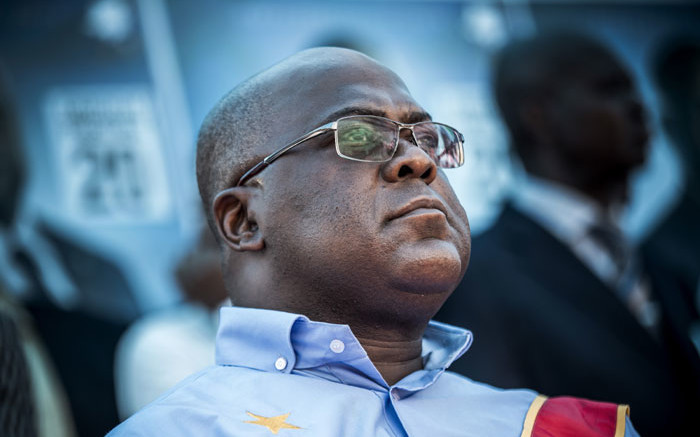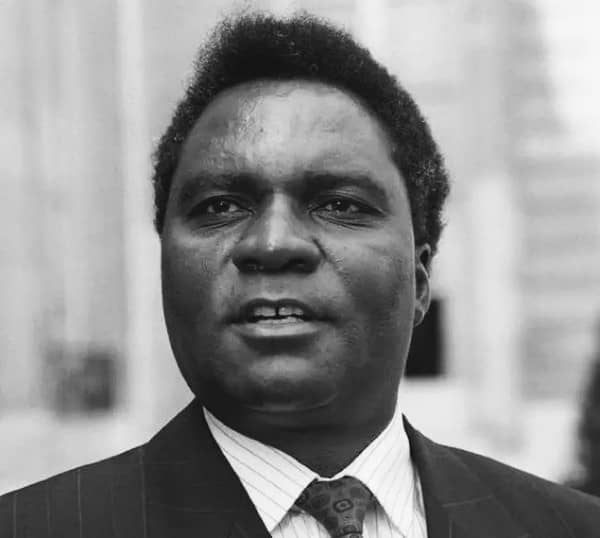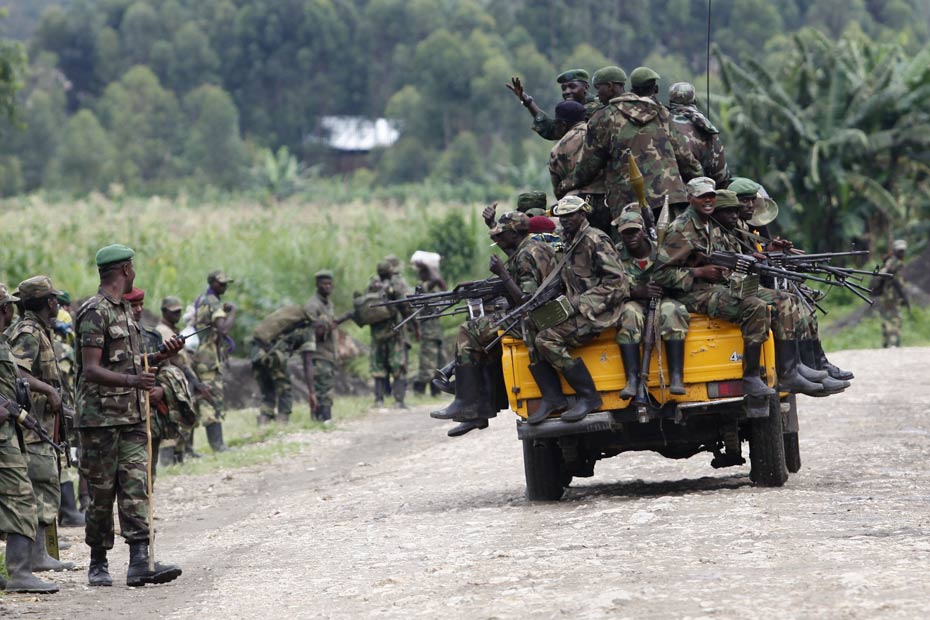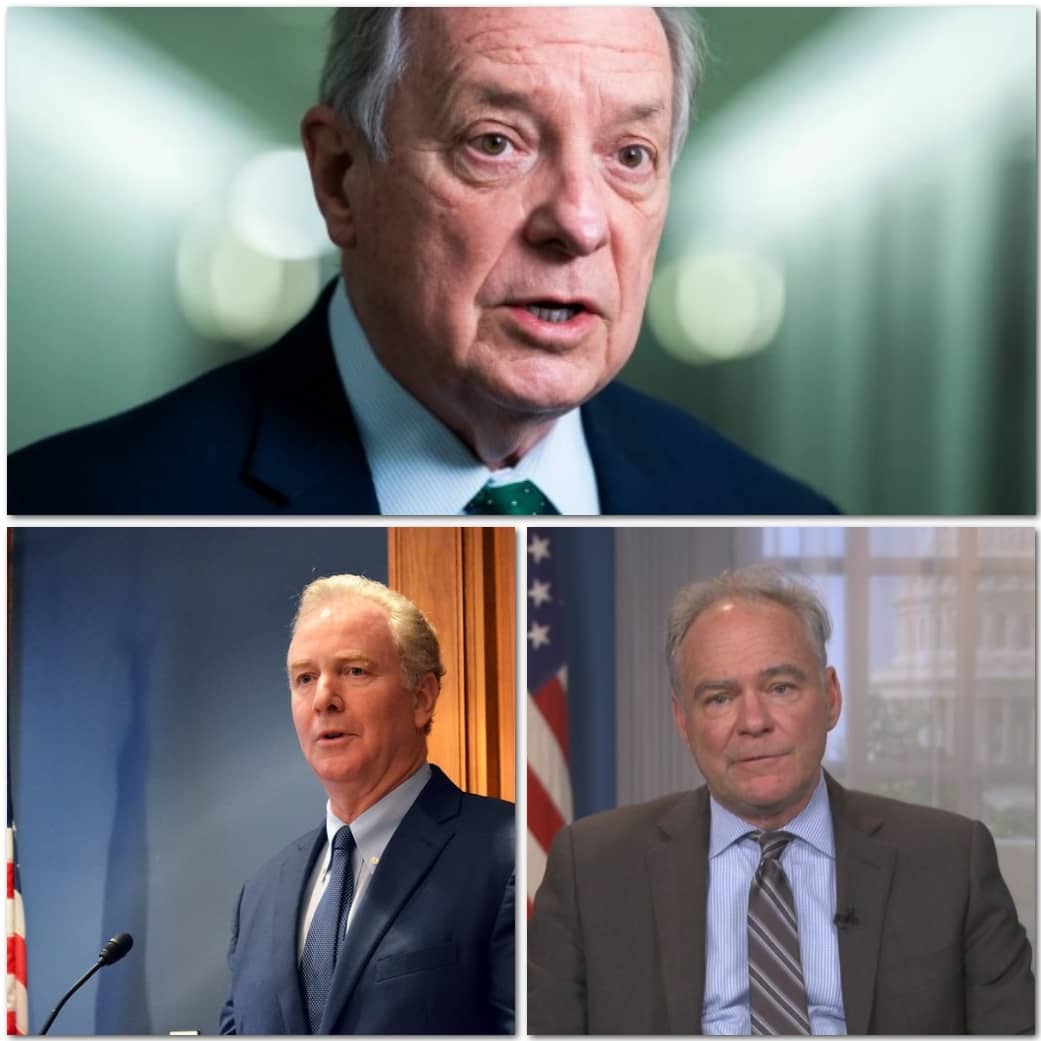Regional
DRC: What’s wrong with Tshisekedi?

From
appointing a dead general, to arming terrorist groups operating in his country,
to blaming Rwanda for nearly all his country’s problems, and more, all these
beg one question – what’s wrong with the Democratic Republic of Congo (DRC)
President Félix Tshisekedi?
On
October 17, Congolese National Television, RTNC, announced Tshisekedi’s decree
on military reforms. Surprisingly the journalist read out the name of a General
who died 11 years ago; Maj Gen Floribert Kisembo, as the new head of military
operations in North Equateur Province, in northwestern DRC.
Maj
Gen Kisembo passed away on May 1, 2011, after being attacked by his own
country’s soldiers who left him with serious injuries. He was killed after it
was discovered that he was trying to form a rebellion.
It’s
unusual for the President of any country to be uninformed, to the point of not
knowing the whereabouts of his senior officers, moreover one that died years
ago.
Tshisekedi’s
limited knowledge of his country always puts him in a position of making
mistakes, taking unfair decisions and blaming Rwanda for his country’s
problems.
A
recent example is when he toured the world blaming Rwanda for DRC’s insecurity.
Whoever he talked to, no matter the topic and platform, Tshisekedi tried his
best to squeeze in Rwanda.
Attending
a summit focused on investment in Africa organized by a British media house,
Financial Times, in London on October 18, Tshisekedi was asked about politics.
His answer focused on accusing Rwanda for allegedly invading DRC, and backing
an ‘armed group’ in his country. He then requested the international community
to see the ‘truth of the situation’.
While
in London, Tshisekedi also asked King Charles III (who is politically neutral),
to use his capacity as head of the Commonwealth to ask Rwanda to put an end to
destabilizing eastern DRC. Basically, he took his denial and lies to the
British royalty as if that will help ease the tension in his backyard.
The
gaffes do not end there. After concluding his two-day ‘working’ visit in the
UK, the Congolese president was held for four hours at Heathrow Airport before
receiving authorization to board and take off.
The
cause of such a rare incident for a country’s president was triggered by two of
his bodyguards. They had violated the Britain’s security laws by carrying undeclared weapons at the airport.
This
mistake that made a president wait four hours at the airport of a foreign
country is evidence of how dysfunctional the Kinshasa system is.
For
Tshisekedi, it’s absurd to tour the world scapegoating Rwanda for DRC’s
insecurity problems and turning a blind eye to his unwillingness to respect
peace agreements his country signed with rebels. In addition, his army’s
support of terrorist groups, and glaring lack of discipline, are other pointers
to the real problem.
At
this point, it’s nearly impossible to bring back security in DRC while FARDC
and his Commander in Chief work closely with armed groups like FDLR,
CMC-Nyatura, APCLS, Mai Mai Yakutumba and Mai Mai Ebuela Mtetezi to fight other
local armed groups (M23 and Twirwaneho). Continuously supplying ammunitions to
militia groups will only escalate the situation further.
These
miscalculations display how little Tshisekedi understands the political
dynamics of eastern DRC which always make him find a scapegoat for accusing
Rwanda instead of solving the problems.
The
tensions in his resource rich country are not new. But they are building up now
that elections loom in December 2023, if Tshisekedi does not pull a plug.
Inspite of the economic and security problems plaguing the huge country, Tshisekedi is now particularly interested in
sowing domestic discord, thinking that the end will justify means.
In
the current circumstances, Claude Kabemba, policy analyst on Africa political
economy and the Executive Director of the Southern Africa Resource Watch,
wrote, even if Tshisekedi and his government were to be given hundred years to
govern, they would not fix the DRC’s problems simply because they have chosen a
wrong approach to change, which is focused on quick wins rather than on
behavioural change.
“Fixing
the DRC in its current configuration is not about building hard infrastructure
as we saw with saut des moutons; it is about rebuilding the moral
fabric of the society,” he noted.
“Put
differently, the problem in the DRC is not poverty or dilapidated
infrastructure; these are simply manifestations of a system of governance that
is not working. The fundamental problem that needs to be fixed first, before
any other developmental projects can succeed, is the state and how the state
carries out its role. The main cause of the DRC’s socio-economic and political
problems is the crisis of the state.”
As
rightly observed, the level of collapse and disintegration of the Congolese
state does not permit any government’s project or decision to be implemented
effectively.






